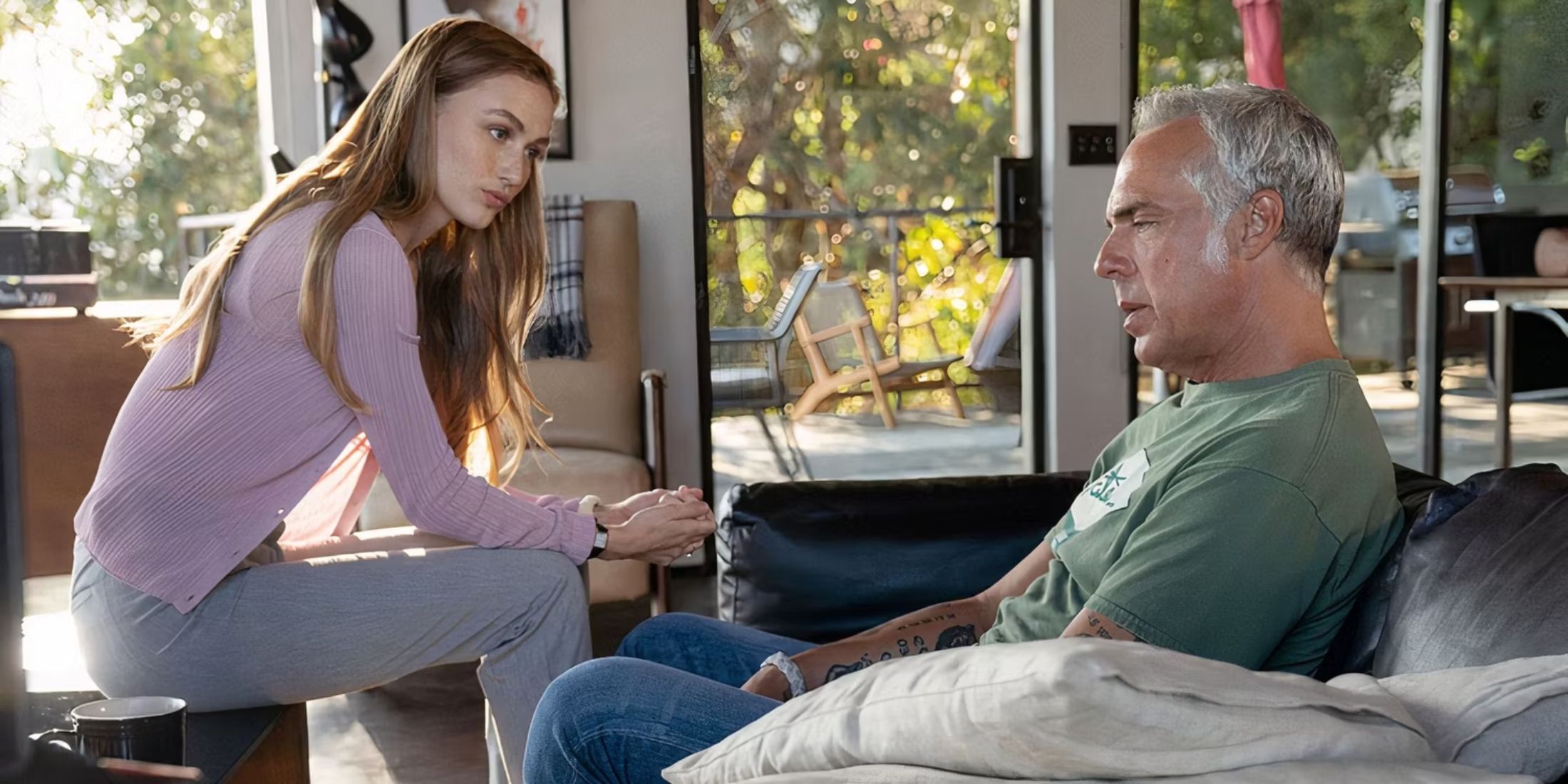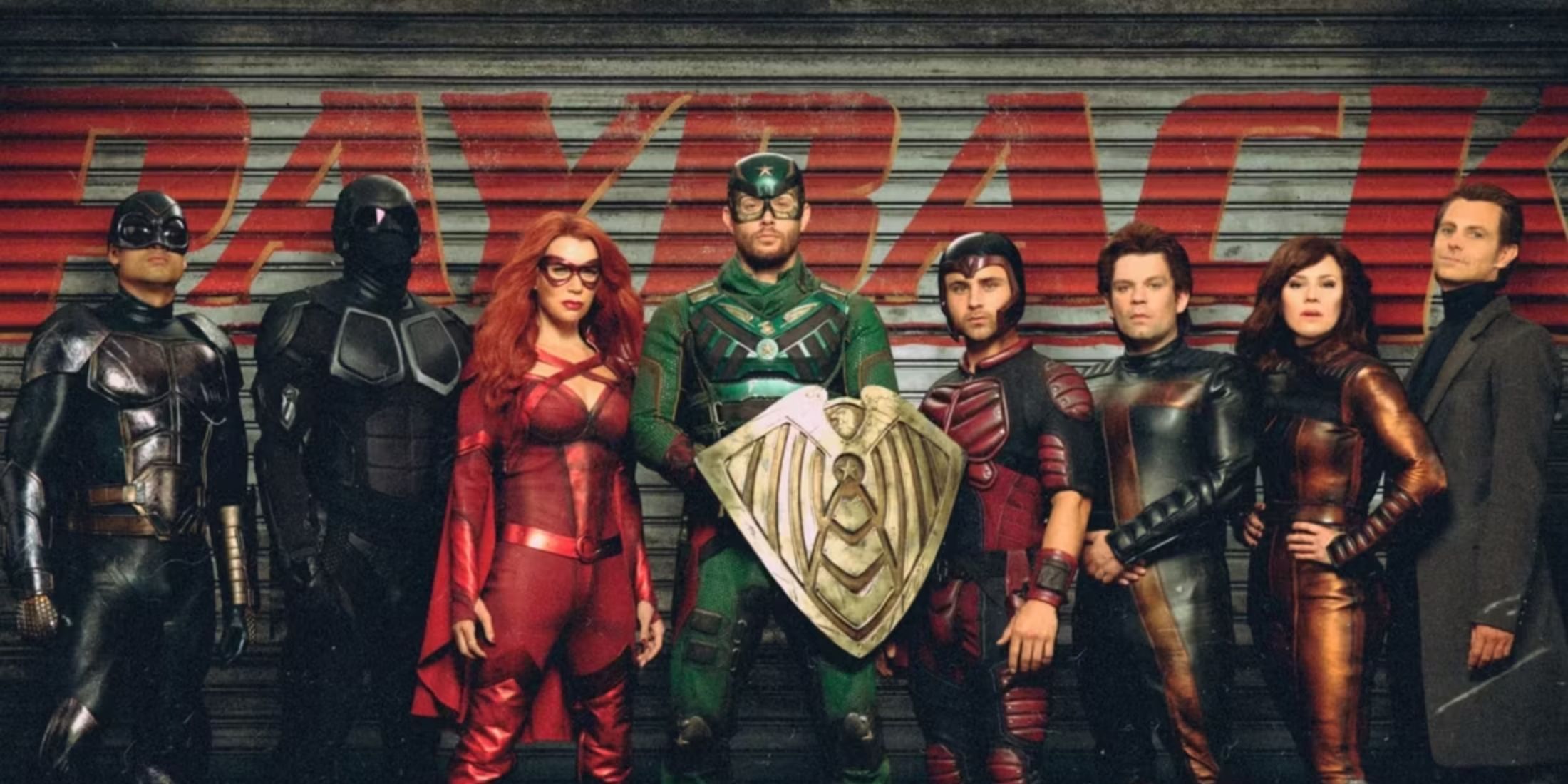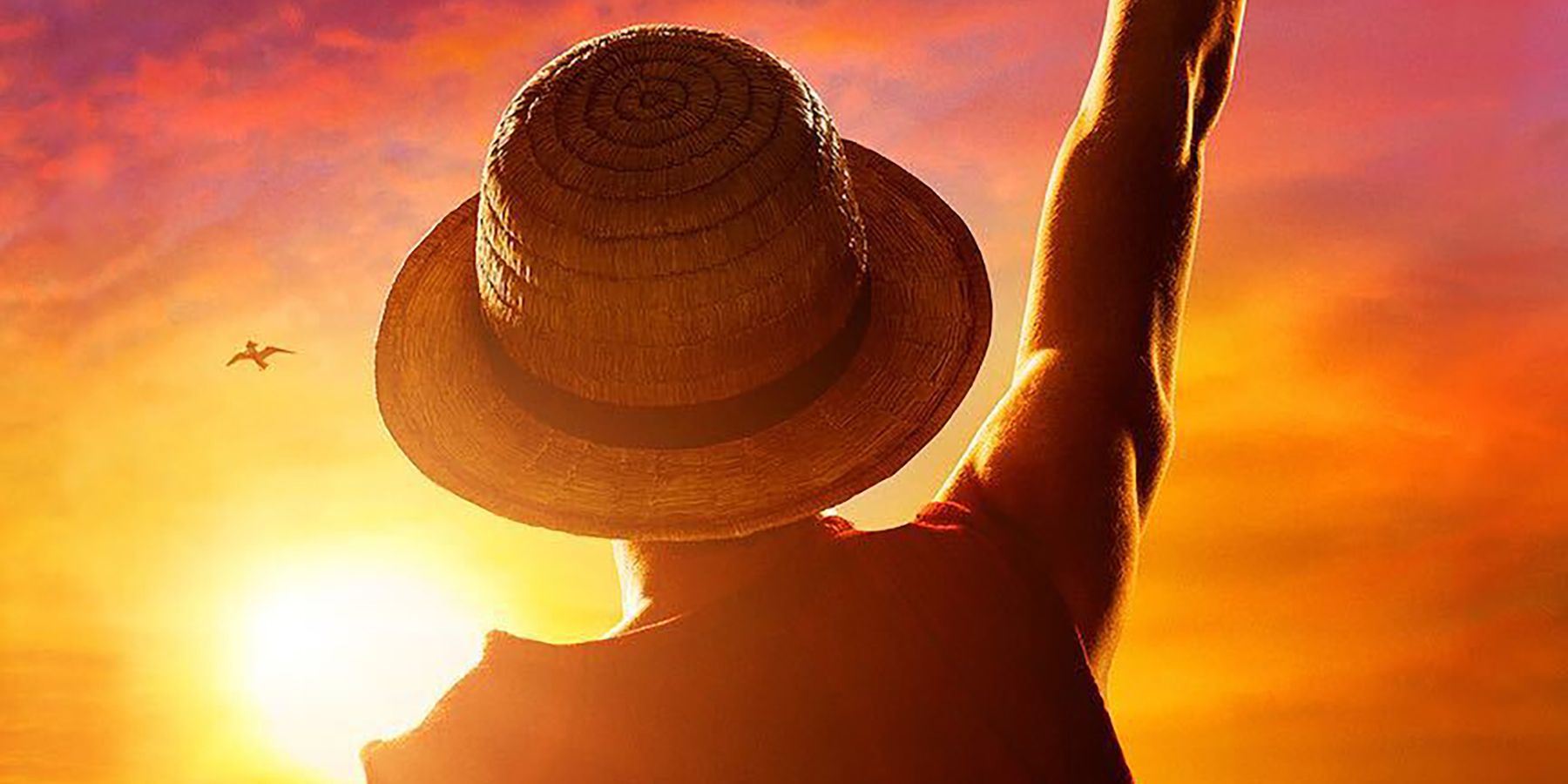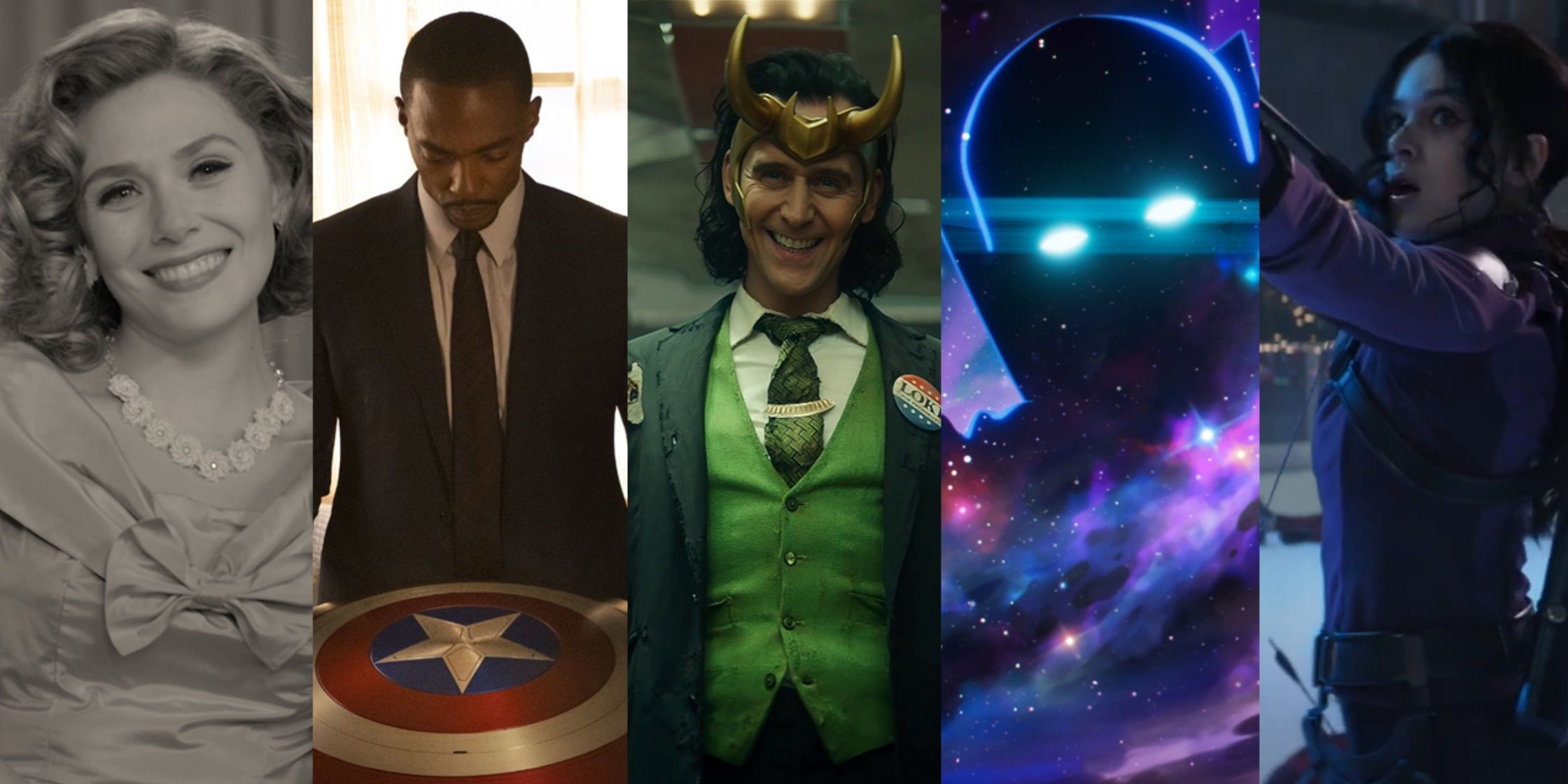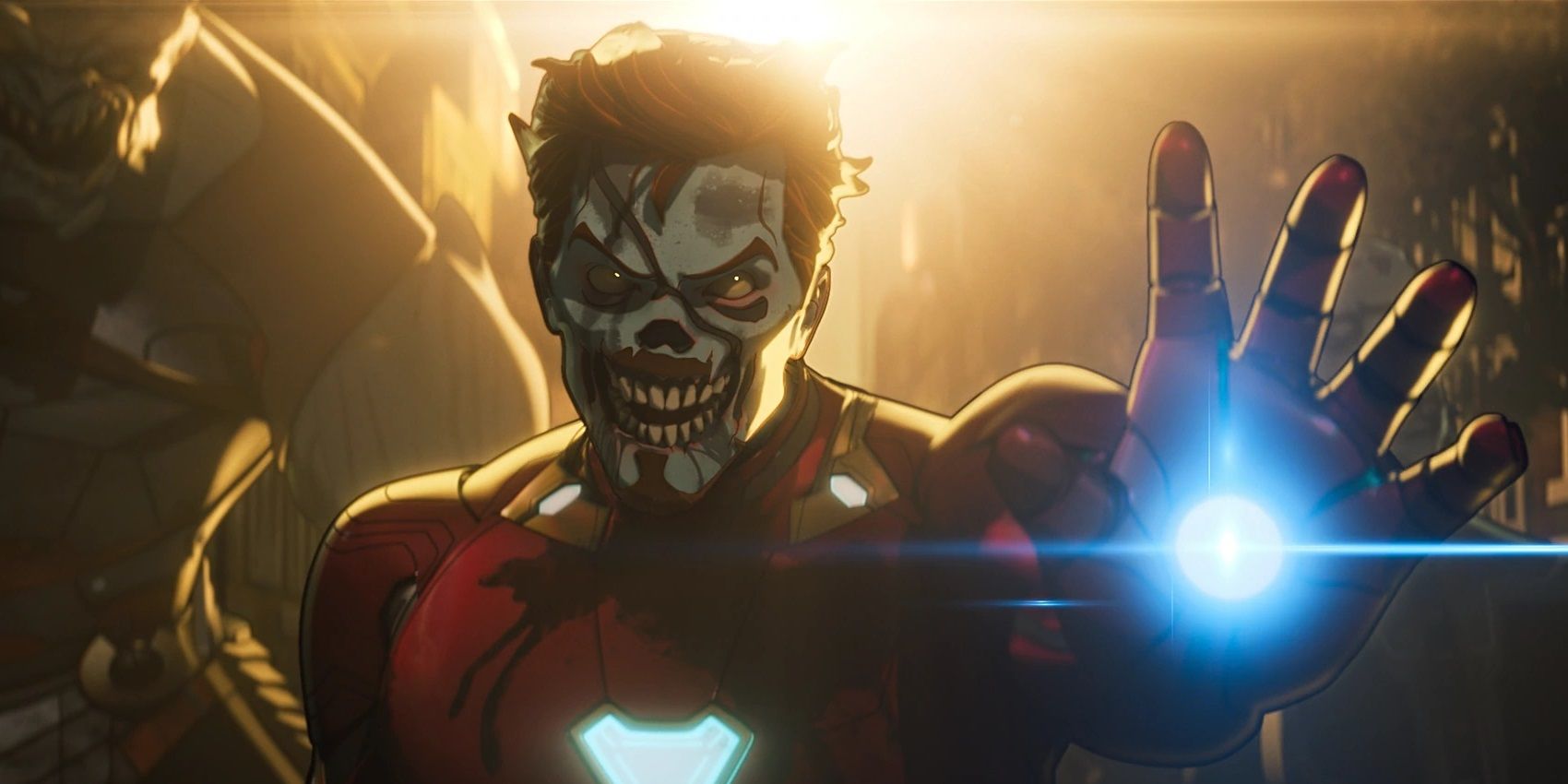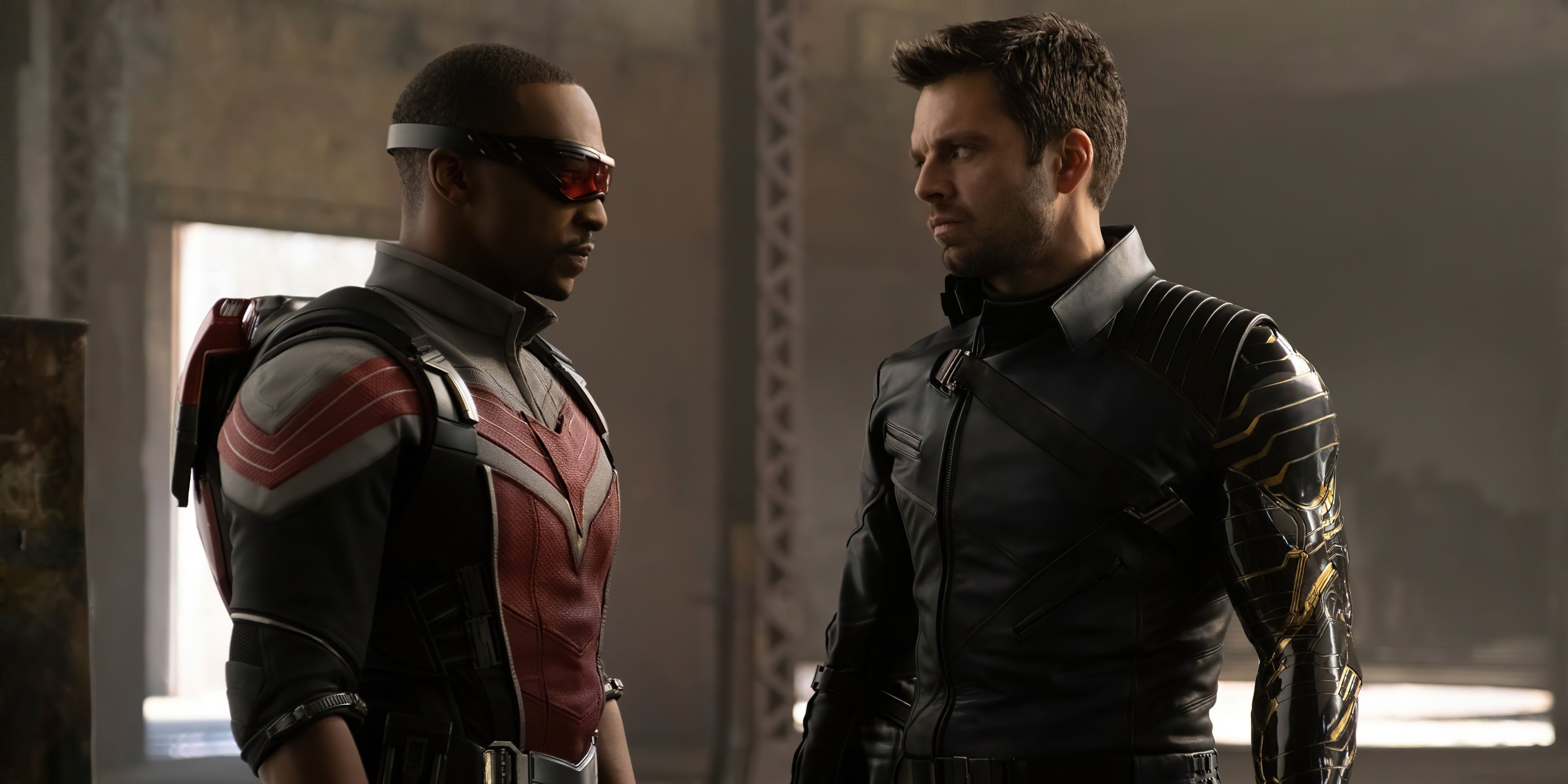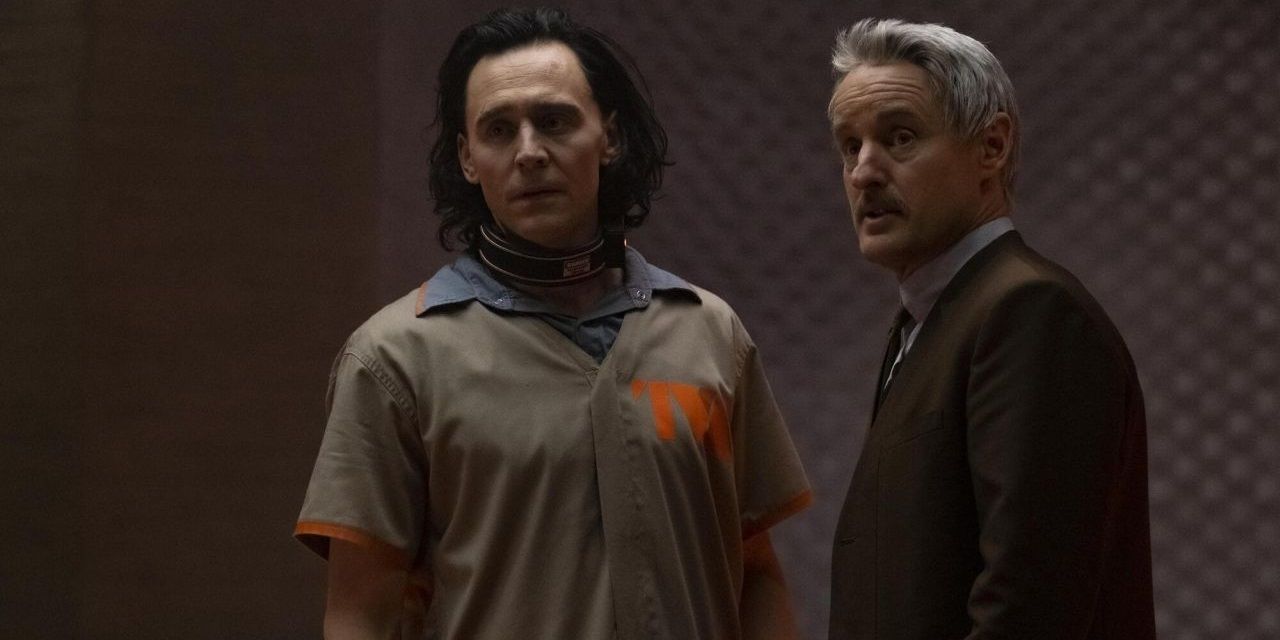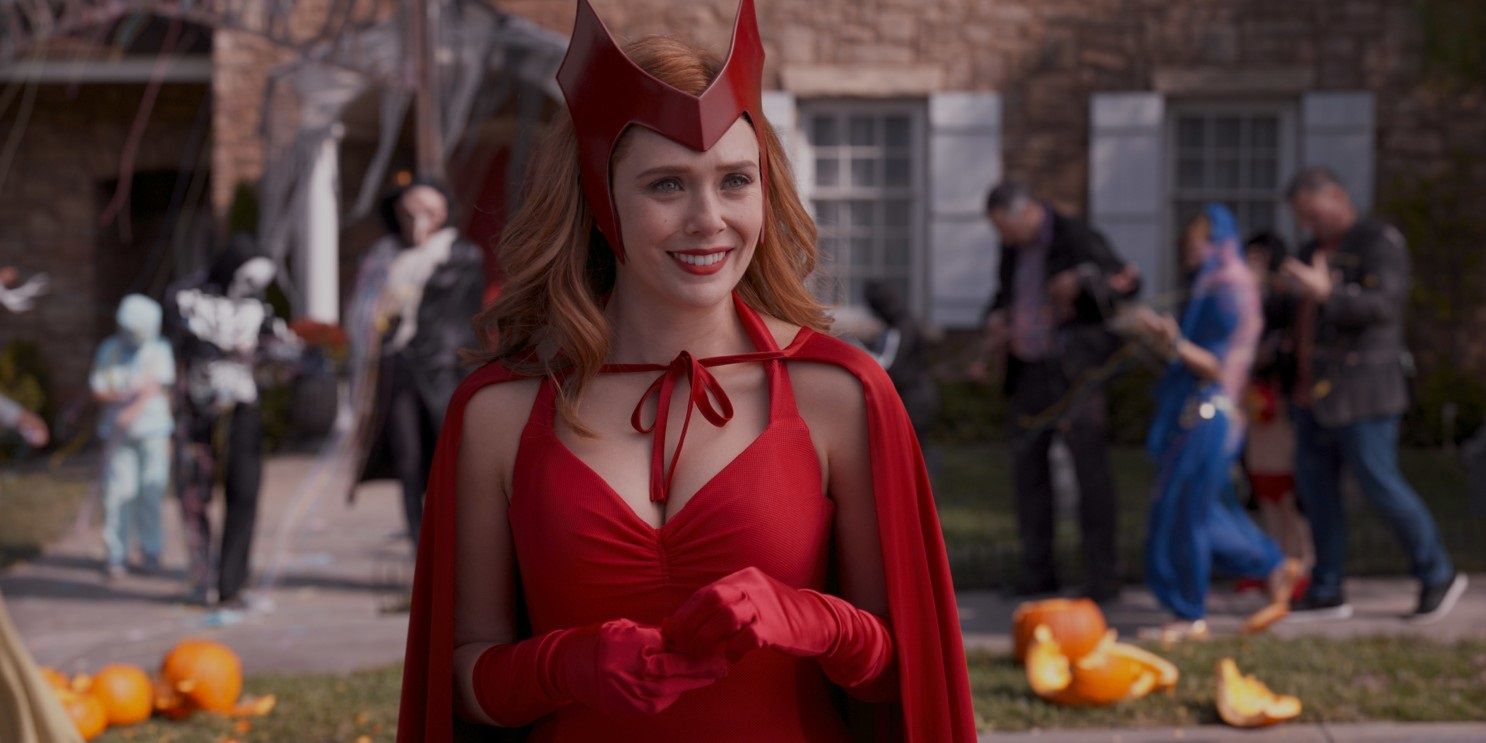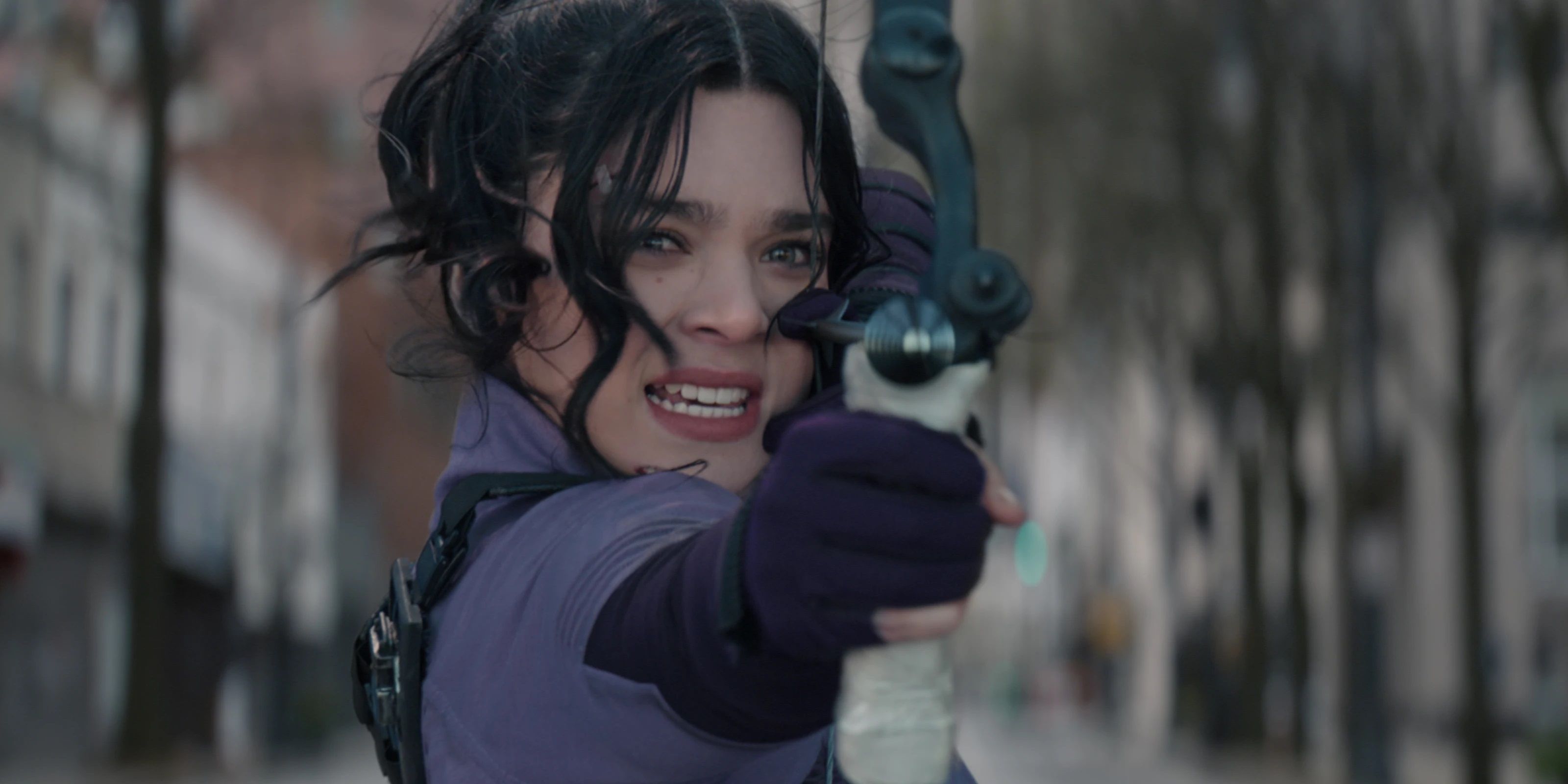TV shows are nothing new to the Marvel Cinematic Universe. Agents of S.H.I.E.L.D. ran for seven seasons on ABC and Netflix had its own mini MCU consisting of four solo series, an ensemble team-up series, and a spin-off series. But this year brought the MCU’s first small-screen content with direct links to the movies. There had been nods like a Captain America doll in Jessica Jones and returning characters like Clark Gregg’s Agent Coulson, but nothing that would have universe-wide ramifications on the Avengers movies.That all changed with 2021’s crop of Marvel shows on Disney+, all of which featured major cast members from the movies and provided game-changing plot turns that will affect the entirety of Phase Four’s output, like Sam Wilson officially becoming the new Captain America and a variant of Kang the Conqueror creating the multiverse.So far, Marvel’s Disney+ shows have been a mixed bag. WandaVision, The Falcon and the Winter Soldier, Loki, What If...?, and Hawkeye have all been met with varying degrees of critical success over the course of the past year. Some of these shows have lived up to their potential, while others have fallen short.
What If...? Was Very Hit-And-Miss
For the most part, Marvel’s Disney+ shows have followed the pattern of fleshing out B-tier characters like Wanda Maximoff and Clint Barton who have previously been relegated to supporting roles. What If...? is the outlier of the pack, offering a few MCU firsts: the first animated series, the first anthology series, the first parallel universe narratives, and the first series to recast iconic roles like Tony Stark and Steve Rogers.
Despite its juicy premise, What If...? suffers from the same problem as most shows with an anthology format: it has just as many bad episodes as good ones. For every interesting premise executed well, like the zombie-infested episode, there’s a redundant premise executed poorly, like “What if Thor threw a big party?”
Some of the show’s episodes put a fun spin on the original movie, like the Star-Lord T’Challa episode replacing the buffoonish Peter Quill with a smarter, more competent leader, but others are just a soft remake with a slight change, like replacing Rogers with Peggy Carter in all the coolest moments from Captain America: The First Avenger.
A lot of the show’s storytelling issues can be attributed to the episodes’ runtime. Half an hour simply isn’t long enough to explore a concept like every single Marvel hero contending with the end of the world or a multiversal Avengers squad assembling to save the spacetime continuum from an Infinity-powered Ultron.
The Falcon And The Winter Soldier Didn’t Live Up To Its Promise
The MCU’s second Disney+ series, The Falcon and the Winter Soldier, was touted as a Marvel buddy cop series (although most of the subsequent Disney+ shows turned out to be Marvel buddy cop shows in some form or another, too). Sadly, it didn’t live up to its promise, because Sam and Bucky are too similarly characterized to share the mismatched dynamic of the central duos in 48 Hrs. and Midnight Run.
Wyatt Russell’s charming yet sadistic, quick-thinking yet narrow-minded John Walker made for a fascinating villain. His blood-soaked shield beatdown is one of the MCU’s darkest moments and the lies he tells himself in “Truth” reveal his complicated psychology. Unfortunately, after being introduced as a terrific villain with an interesting future, Walker got a tepid, unceremonious, completely unearned half-redemption in the finale episode.
The show touches on the poignant themes from Truth: Red, White & Black, but doesn’t explore them in anywhere near as much depth as the comics. Still, despite the inconsistencies in The Falcon and the Winter Soldier’s run, Sam truly earns the title of Captain America and his heroism in the finale is glorious.
Loki Was Great Sci-Fi Fun
The first episode of Loki introduced audiences to some trippy, mind-bending concepts with dry Ragnarok-adjacent humor. The trickster god is detained by a universe-wide police force keeping the “Sacred Timeline” in check by “pruning” rogue variants. Then, after the first episode introduced a vast world with endless possibilities, the following episodes offered a frustratingly restrained sci-fi romance.
The series will be back for a second season that can right these wrongs, but season 1 failed to fully dig into the fun sci-fi concepts introduced in the early scenes. There’s a lot of filler padding out the episodes in lieu of more screen time for awesome variants like President Loki and Alligator Loki. The best ideas, like Loki being the true identity of D.B. Cooper, are brushed over in seconds, while the least interesting ones, like Loki’s predictable betrayal of Mobius, are dragged out for multiple episodes.
Jonathan Majors gave an unforgettable performance in his debut as Kang the Conqueror – or, more specifically, a variant of Kang who goes by “He Who Remains” – in Loki’s finale episode. But his unexpected cameo appearance distracted from Loki himself, ditching the show’s own storylines in order to set up the next big bad of the MCU with an unwieldy exposition dump. Thankfully, that finale was salvaged with a shocking cliffhanger ending setting up a more exciting, more substantial second season (hopefully).
WandaVision Was A Breath Of Fresh Air
Although it wasn’t supposed to be the first MCU content of Phase Four, WandaVision ended up being the perfect project to kickstart the next chapter of the franchise. Its small-scale farces and slow-burning mysteries offered a refreshing change of pace after the universe was at stake in Avengers: Endgame.
Most of the MCU’s Disney+ shows have felt like bloated movies chopped up into episodes, but WandaVision is truly episodic. Director Matt Shakman perfectly recreated the style of a different sitcom era every week. Anchored by Elizabeth Olsen and Paul Bettany’s fantastic performances, WandaVision managed to captivate audiences with conflicts like having the boss over for dinner or doing magic tricks at the town talent show.
Instead of bowing down to the Marvel fan base’s pressure for instant gratification, head writer Jac Schaeffer let the mysteries of WandaVision fester for a few weeks, and reveals like “It’s been Agatha all along!” didn’t disappoint. The series naturally escalated into a traditional Marvel narrative, with superheroes facing supervillains in a VFX-laden final battle, but it took a delightfully unconventional path to get there.
Hawkeye Has Finally Found The Sweet Spot
With the recent release of Hawkeye, it seems that Marvel has saved the best for last. Unlike Sam and Bucky, Clint Barton and Kate Bishop are genuinely mismatched characters whose similarities and differences are contrasted against each other, bolstered by Jeremy Renner and Hailee Steinfeld’s remarkable on-screen chemistry. Clint is a veteran Avenger who’s experienced the highest highs and lowest lows of being one of Earth’s Mightiest Heroes, while Kate is a budding, bright-eyed young archer who hopes to take up his mantle.
The series is filled with breathtaking action sequences, like a car chase captured in an intense long take, a brutal fight in a wine cellar with weaponized wine bottles, and a four-way brawl on a rooftop with one character protecting another character while two other characters fight over which one will get to kill him. Unlike the generic action scenes found in The Falcon and the Winter Soldier and Loki, Hawkeye is filled with hilariously unexpected mid-action obstacles, like a pipe breaking while Kate is swinging on it or getting stuck halfway across a zip-wire, dangling between two buildings.
While all the Disney+ shows have brought up thought-provoking themes, Hawkeye is the first to take a deep dive into its themes. It breaks away from the now-familiar student-becomes-the-master Phase Four story with the dichotomy of an older hero burdened by traumas and an apprentice who idolizes him. Clint’s self-image clashes with Kate’s rose-colored view of him.

